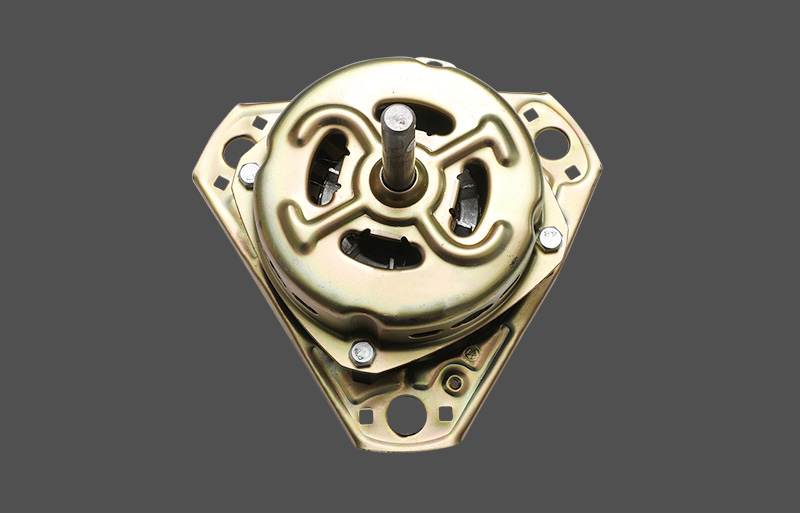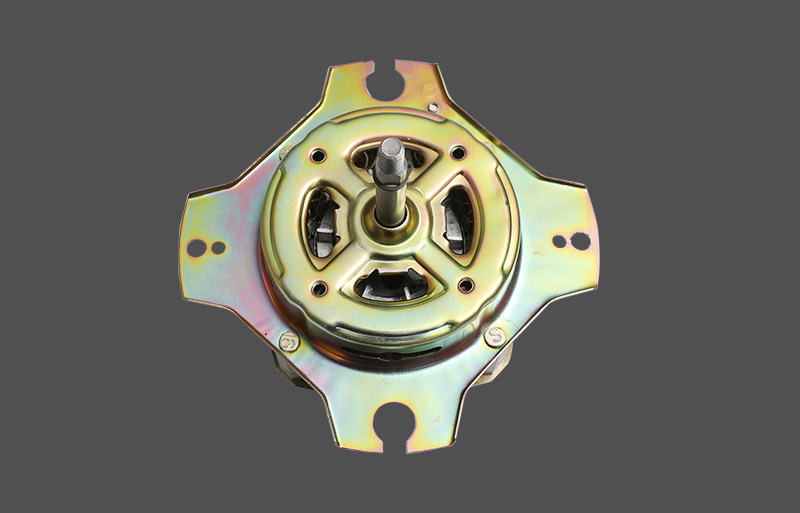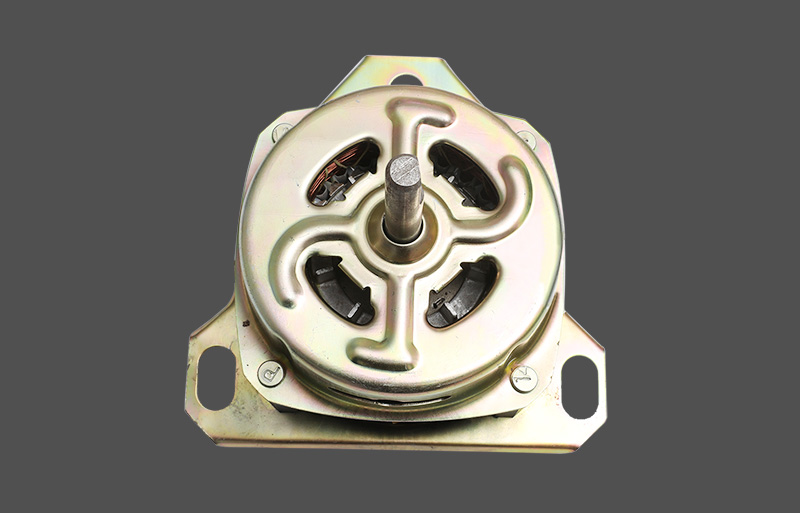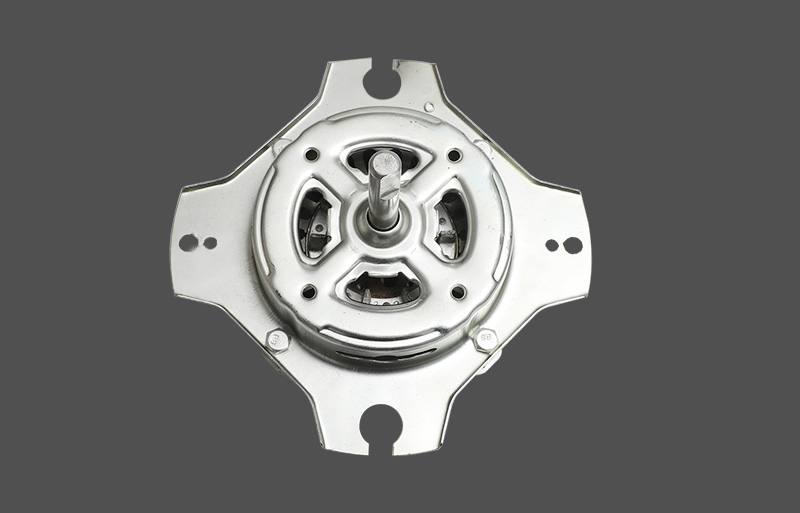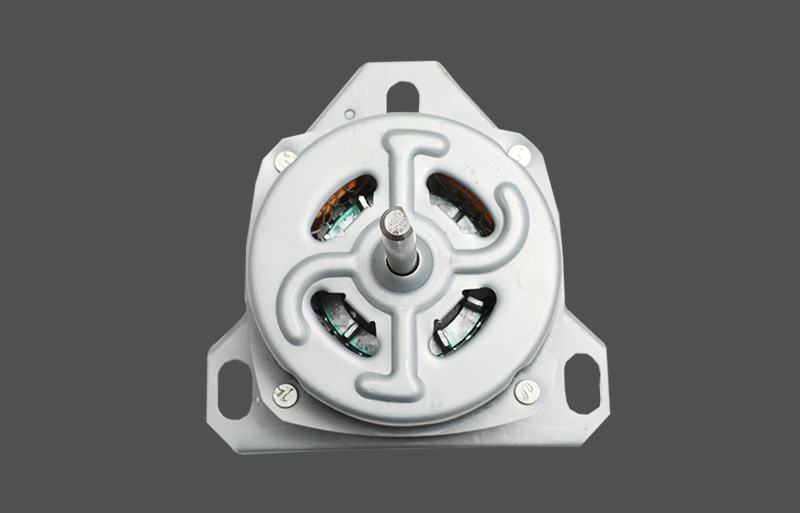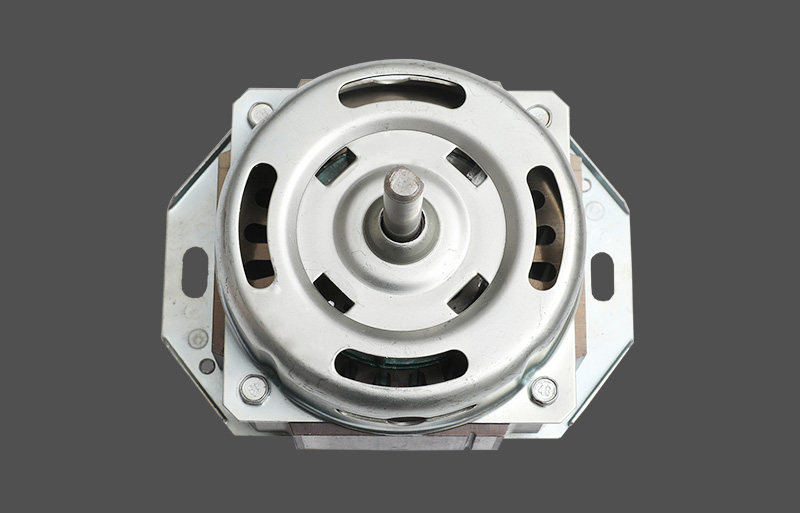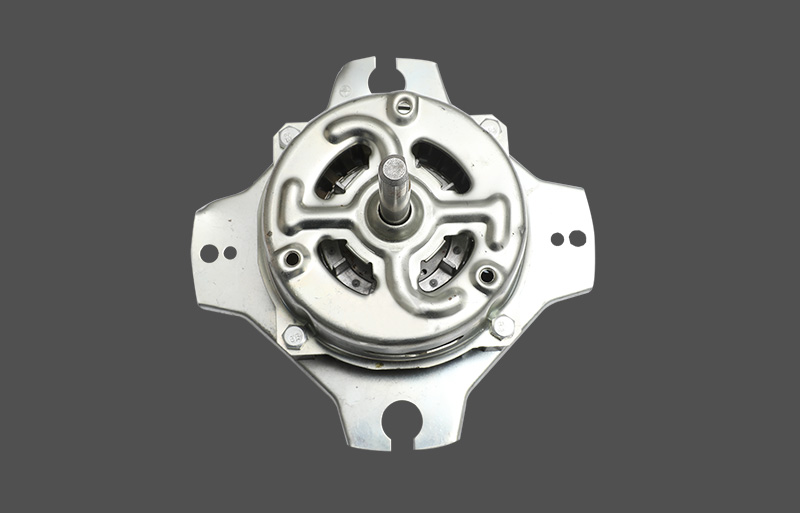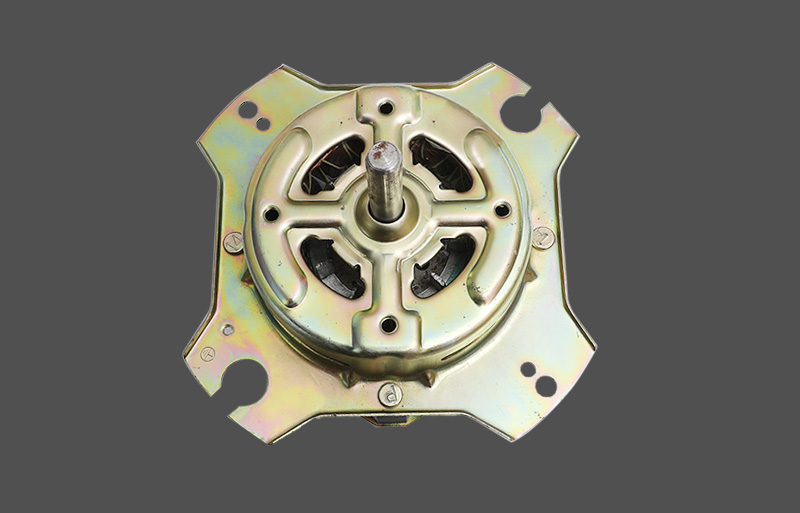Motor controls are a device that controls the position, velocity, and torque of a mechanical drive. It is designed for motion controls of electrical motors. It has automatic and manual transmissions for starting and stopping the motor, and choosing and regulating the speed.
It is also expected to choose either forward or reverse rotation, protect against overloads and faults, and regulate the torque. Each electric motor is equipped with controller which has varying functions and features.
Motor controls can also help protect larger motorsmachine wash motors Washing from overload or from having an over current condition. This is done with a protective overload relay or temperature sensing relay. Fuses and circuit breakers are also useful for over current protection. There are automatic motor controllers that come with limit switches to protect the driven machinery.
Certain complex motor controllers are used to control the speed and torque of connected motors. In a closed loop control system, a controller produces precise positioning of at motor in a numerically-governed lathe.
The motor controller accurately positions the cutting tool based on the pre-programmed profile. Likewise, it compensates for different load conditions and disturbing forces to help keep the tool’s position.
Motor controllers are based on what they con do. There are manual motor control, automatic motor control and remote motor control. Depending on the manufacturer, motor controls may only have a start and stop button. But there are many controllers that control a motor with many features.
An electric motor control can be classified according to the type of motor to be driven or controlled. These are servo motion control, step motors, alternating current or AC, direct current or DC-brush and brushless DC or permanent magnet.
Servo is a generic term for an automatic control system. In practical applications, it is a mechanism that you can set and forget. It adjusts itself during continuous operation through feedback.
Servo motion controllers are part of a closed loop control system for electric motors. The motors used in servo control are normally DC. The servo motor controls use a sensor to detect motor position and speed.
A stepper motion controller is viewed as an electric motor without the commutations. They are composed of permanent magnets on a rotating shaft called a rotor. The electromagnets in the stationary area are called stator, which surround the motor.
All commutations must be handled by the stepper motion controller, which comes in two classifications. These are permanent magnet and variable reluctance. The permanent magnet motors have the inclination to cog when you twist the rotor. The variable reluctance motor spins freely.
AC motors are affordable to build and operate. They are also reliable because they run from standard line power. The magnetic fields of this motor control are generated using coils on the stator and rotor. The field movement happens naturally in the stator because of the alternating nature of input power.
DC motor controls convert electrical power into mechanical. Permanent magnet DC converts electrical energy into mechanical energy through the interaction of two magnetic fields—one is produced by a permanent magnet assembly, while the other is produced by an electrical current flowing.




